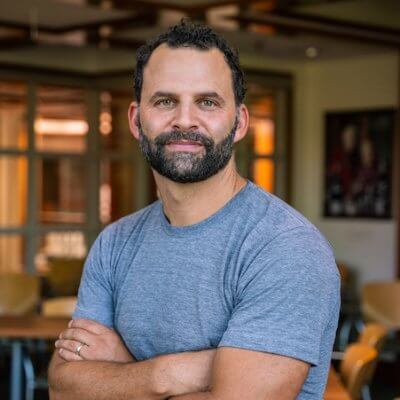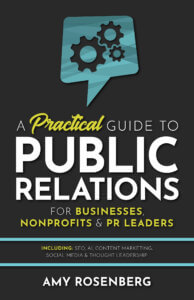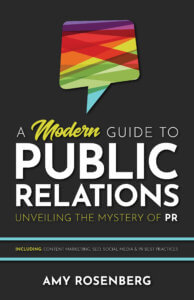![2022 PR Talk Predictions [Podcast]](https://www.veracityagency.com/wp-content/uploads/2022-Predictions-800x600-1.jpg)
2022 PR Talk Predictions [Podcast]
Public Relations, Digital PR and Marketing Predictions From Past PR Talk Guests
In this episode of the PR Talk podcast, we asked several past guests for their 2022 marketing and industry predictions. Participants include Robert Johnson, Peter Shankman, Deirdre Breakenridge, Rand Fishkin, Michael Cottam, Domenica D’Ottavio, Mark Mohammadpour and Carmie McCook. For predictions from host Amy Rosenberg see her recent 2022 Public Relations Predictions blog post.
Robert Johnson
Strategic Communications Officer, Riester Public Affairs & Host PR Nation Podcast
This will be the year of the story told on your very own channel. Why is that? Well, because there’s a perfect storm of big news gathering to gobble up, faster than ever, all the airtime and digital column inches available this year. There’s the pandemic. What else can I say about that? You’ve got midterm elections. That likely will be unprecedented in terms of noise, anger, fighting you name it. Is it possible to top the nastiness of the last two election cycles? Probably. And don’t forget the growing political and military instability around the world. That’s fun. I don’t know about you, but I’m just hoping to watch the Winter Olympics for a few weeks in peace and quiet; thank you very much.
Anyway, if you work in any of those spaces, you’ll be fine. But if you’re pitching anything else, you better have a backup plan. Everyone knows I love creating owned-channels for clients like podcasts and such,so I’m not really that worried. But, if all you do is hawk media all day, get ready to pivot or you can hope that I’m wrong. It wouldn’t be the
first time.
PR Nation returns in February at theprnation.com and on all the podcast channels. For more from Robert Johnson, listen to his full 2021 PR Talk interview on Brand Journalism.
Peter Shankman
Author, Entrepreneur, Keynote Speaker, Podcaster and Founder of HARO
In ’22 and beyond, the employee/employer power balance will continue to shift, and the companies that will not only survive, but thrive, will be the ones who allow their company direction, in all facets, to be led by their employees, not just the suits upstairs. The companies that truly listen to their workforce, embrace their suggestions and create meaningful change with the employees’ best interests first in mind, will most certainly come out ahead. “Listening to our employees” can no longer just be corporate hyperbole, it has to be the overall heartbeat that drives the company.
For more from Peter Shankman listen to his full 2021 PR Talk interview.
Deirdre Breakenridge
CEO of Pure Performance Communications and author of “Answers for Ethical Marketers”
What’s my prediction for 2022? Emotional Intelligence.
The organizations and the leaders who demonstrate emotional intelligence will forge deeper and trusted relationships. Empathy is a big part of emotional intelligence. However, it’s not just your understanding and your caring and considering feelings before you make decisions. It’s also your ability to be self-aware and to self-regulate, to be motivated for the right reasons for the team’s success and to also show that you have social skills.
It used to be just a nice to have skill — emotional intelligence — today it is critical, and at the end of the day, all of you leaders have to be self-reflective and to look back to see how well you did with your communication and your interaction. So here’s to better relationships and more emotional intelligence in 2022.
For more from Deirdre Breakenridge listen to her full 2021 PR Talk interview on Ethical Marketing.
Rand Fishkin
CEO & Co-founder, SparkToro
I’m predicting that in the next few years (perhaps not 2022 as much as the years that follow), Facebook is going to struggle to grow user engagement and new user adoption. I think this will stem from taking their focus off their primary products and onto their new “Metaverse” concept (an old re-hashing of the Second Life concept). My prediction is that beyond a few early adopters (think Google Glass), the metaverse pivot will be a general flop for Facebook.
What does this mean for marketers and PRs? I’d strongly urge folks to reserve putting budget into Facebook/Meta’s new programs unless your audience is heavily tilted toward that early adopter group. If I’m wrong, and the “metaverse” takes off, you can always shift ad dollars and PR efforts there.
For more from Rand Fishkin listen to his full 2021 PR Talk interview on “The Wall Street Journal Problem.”
Michael Cottam
Independent SEO Consultant
My prediction for 2022 and the SEO world is that there’s going to be a huge uproar in the link builders/link sellers’ market. And the reason is this: there’s a bunch of major link sellers who are using publishers who have artificially inflated their domain authority. And the domain authority, of course, is what most link sellers base their fees on. So the higher the domain authority, the higher the fee to get a link from that site.
What they’ve done is they’ve gone out and created tons of links to these fake news sites that are from Google search results pages. And Google is not counting those. In fact, most of these fake news sites that they’re using as publishers aren’t even indexed by Google at all.
So Google is not being fooled by this, but it’s showing up in Moz DA and you’re getting sites with DA 40, 50, 70 and higher, even where their entire backlink profile is built on these Google search results links from the various Google TLDs. So Google.com, Google.com.au, Google.co.uk, et cetera.
Across all the TLDs out there expect that this is going to result in a lot of very angry customers who’ve been paying link builders to put links on what is supposed to be these very powerful sites. It’s not having any effect, and it’s probably going to result in some lawsuits as well.
Across all the TLDs out there expect that this is going to result in a lot of very angry customers who’ve been paying link builders to put links on what is supposed to be these very powerful sites. It’s not having any effect, and it’s probably going to result in some lawsuits as well.
For more from Michael Cottam, see his 3 Train Wreck Link Schemes You Didn’t Even Know Had Hit You blog post and listen to his full 2021 PR Talk interview on Staying Ahead of the Puck that is Google.
Domenica D’Ottavio
Digital PR Director at Fractl
In 2022, I think that many brands and agencies that have been doing digital PR and doing it well in the past are going to increase their investment in reactive newsjacking. In 2021, we saw many agencies and brands jumping on a trend and putting themselves or their clients at the center of a story, earning a tenfold return. We all saw the incredible potential of newsjacking campaigns — with some of the more public campaigns earning hundreds of thousands of impressions and even dozens of backlinks. Digital PR is an ever-changing industry and we’ll see a big emphasis on timeliness and relevance with digital PR campaigns in 2022.
For more from Domenica D’Ottavio listen to her full 2021 PR Talk interview on Digital PR.
Mark Mohammadpour
Owner & Chief Wellness Officer, Chasing the Sun
In 2022, we are going to see PR agencies further define who they are, the types of clients that they want to attract and the types of employees they want to hire. And in return, we’re going to see prospective employees ask those agencies what they stand for, what their values are, what kind of clients they are seeking, and ultimately, how can they help these prospective employees grow in their careers. It’s a significant turning point, and I look forward to seeing where the industry goes.
For more from Mark Mohammadpour listen to his full 2021 PR Talk interview on Being a Chief Wellness Officer.
Carmie McCook
Public Speaking & Media Interview Expert
Even though I’m not Nostradamus, and I’ve never picked a willing lottery ticket, I’m good at listening and doing research in my job. And, I believe the Pandemic will drive many changes in the business world. So here are six business-related predictions I have for 2022:
1) First, Virtual meeting platforms will improve, offering more features to improve user experience. We aren’t quite in the universal hologram world yet, but we will see some pretty exciting innovations to make remote meetings a lot more interesting.
2) I do a lot of media training for both interviewees and reporters. Media interviews, whether for TV or online publications, will be conducted virtually a lot more. There will be fewer on-site or in-studio interviews. It saves money and time and meets the growing need for instant news reporting.
We’ll see a lot of reinventions in business. The pandemic caused enormous changes that will reshape the way companies operate in the future, and its impact will transform workers in office jobs.
3) The pandemic proved that many companies could function and be even more productive without everyone in the office every day. So, we’ll definitely see significant growth in hybrid work models for employees.
4) Millions of employees got a taste of freedom from commuting and the ability to have a more flexible workday. The old five days a week, 45+ hours at the office doesn’t appeal to many employees anymore. This was one factor that led to the Big Resignation. So, we will continue to see more people start working as independent consultants and contractors rather than employees.
5) The Big Resignation has also led companies to rethink how to retain employees. We will start seeing more enticements like flexible work hours, flexibility on where work gets done, signing bonuses, unique benefits, and better pay in low-wage jobs. All these things and others will be offered to attract and retain employees.
6) We’ll see flatter corporate organizational models emerging. This is where employees will be more involved in decision-making, not just cogs in the wheel to churn out work. Flatter hierarchy models will also help a company’s bottom line through employee retention and phase out a lot of deadwood in big companies.
So, there are my six predictions for 2022. If four out of six are correct, maybe I’ll feel lucky and buy a lottery ticket again! Happy New Year, everyone!
For more from Carmie McCook listen to her full 2021 PR Talk interview on How to Beat Speech Anxiety.
Watch the full podcast
Don’t Miss an Episode
You can access more great episodes by subscribing to the PR Talk podcast on iTunes, Stitcher, Google Podcasts, iHeart Radio and Spotify.
This episode of PR Talk is brought to you by PRSA Oregon
Throughout Oregon and Southwest Washington, PRSA provides members with networking, mentorship, skill building and professional development opportunities – whether you are a new professional fresh out of college or a skilled expert with 20 years in the industry. Check out PRSAoregon.org for more information on how membership can help you grow and connect.
PR Talk is part of the Marketing Podcast Network
The Marketing Podcast Network gives brands that sell to marketers direct access to reach thousands of buyers via their trusted media source: Marketing podcasts. Browse our library of shows and see where your message can be placed to reach prospective customers ripe for your message.

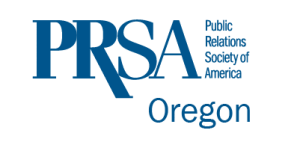
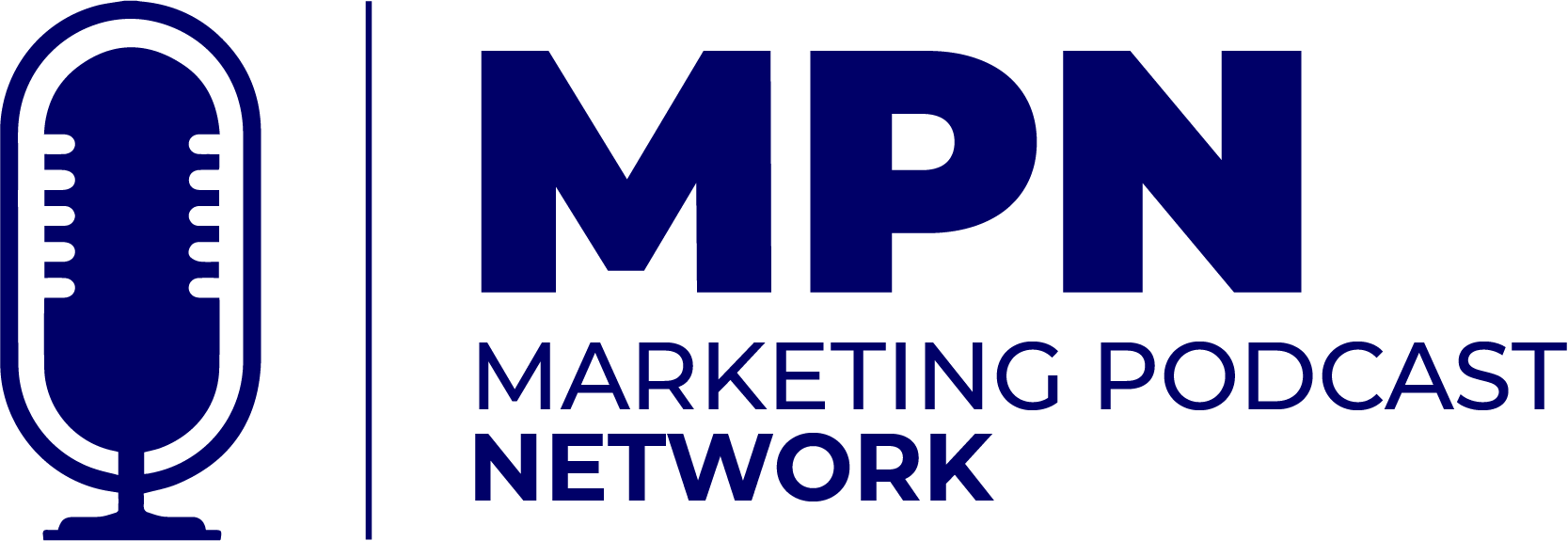
![PR Cheats [Podcast]](https://www.veracityagency.com/wp-content/uploads/PR-Cheats-800x600-1.jpg)
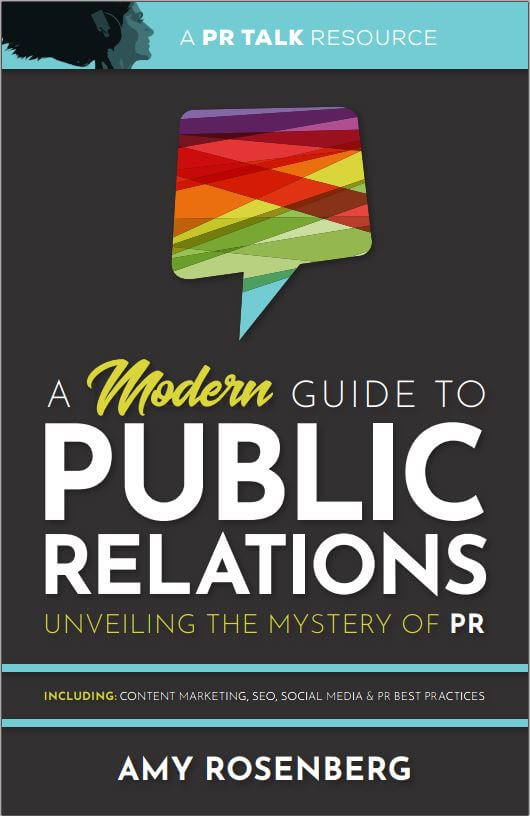
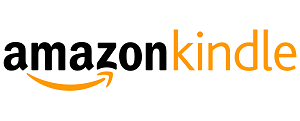
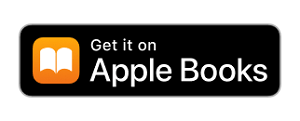
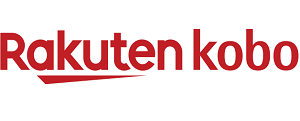
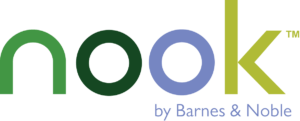
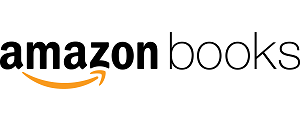
![Being a Chief Wellness Officer with Mark Mohammadpour [Podcast]](https://www.veracityagency.com/wp-content/uploads/Being-a-Chief-Wellness-Officer-800x600-1.jpg)

![Your Small Business Boom with Steve Strauss [Podcast]](https://www.veracityagency.com/wp-content/uploads/Your-Small-Business-Boom-800x600-1.jpg)
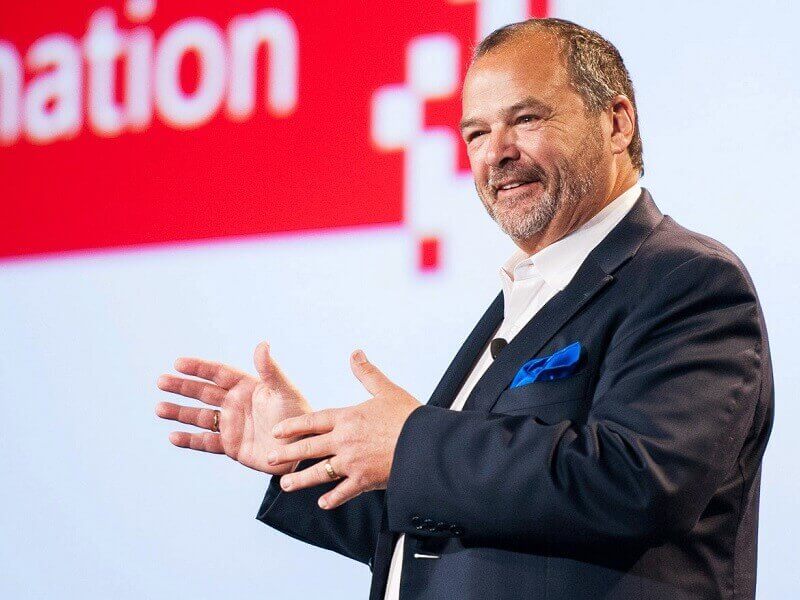
![Working With Television [Podcast]](https://www.veracityagency.com/wp-content/uploads/Working-With-Television-800x600-1.jpg)
![Tech Policy and Our Society with Matt Perault [Podcast]](https://www.veracityagency.com/wp-content/uploads/Tech-Policy-and-Our-Society-800x600-1.jpg)
